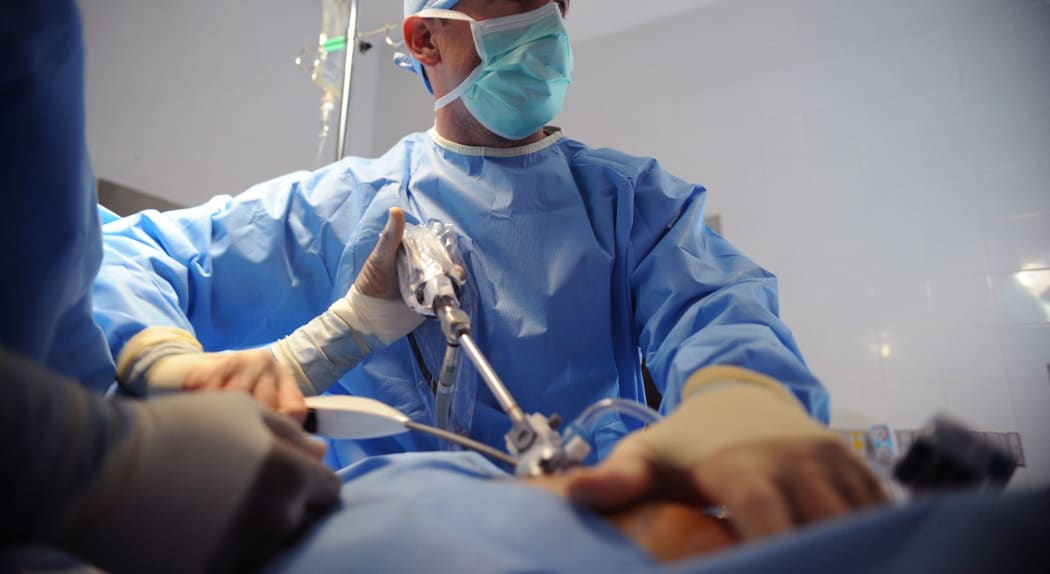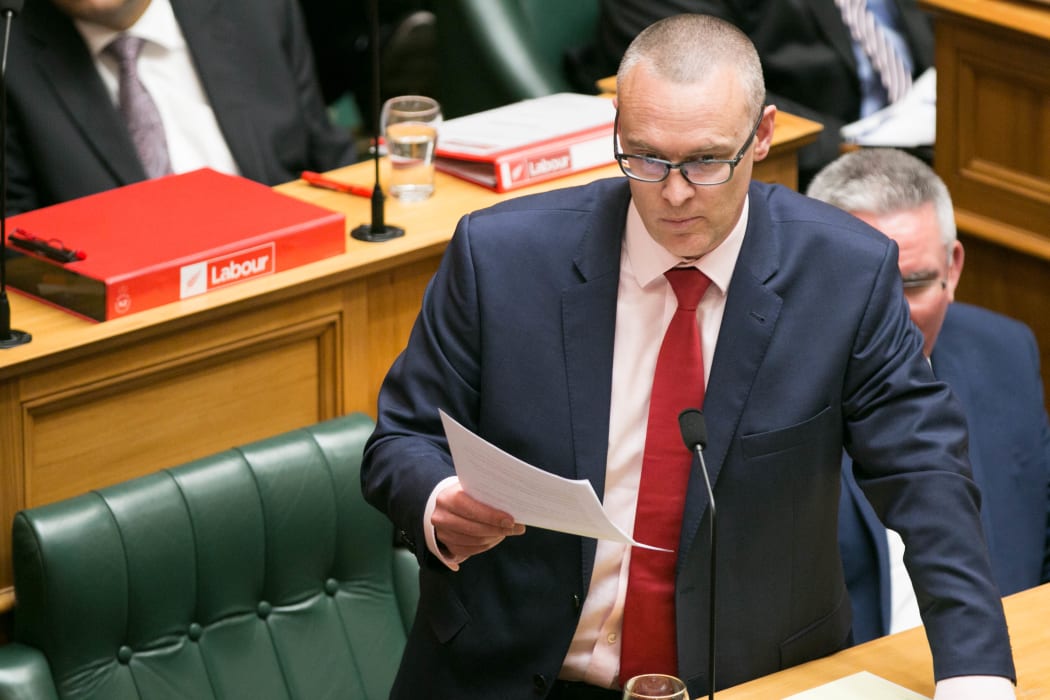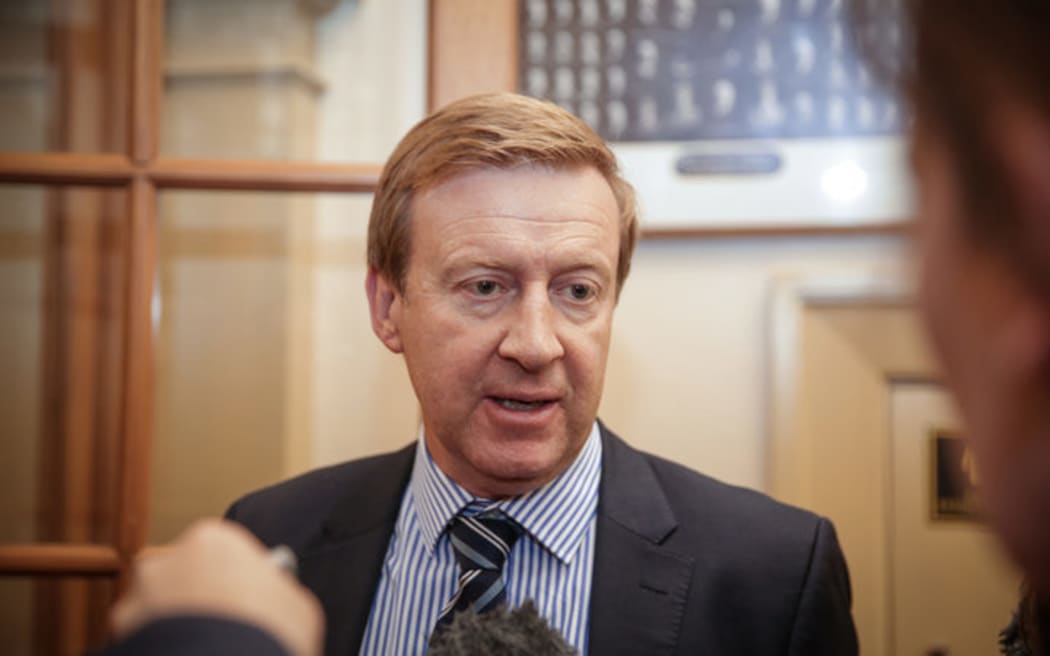National's health spokesperson has rejected Labour's assertion that increasing elective surgery statistics are being inflated by eye injections that used to be done by nurses and GPs.

Photo: Supplied
Labour heath spokesperson, David Clark told a healthcare debate on TV3's The Nation people were now having to be sicker to get treated than they did before National became the government.
Dr Clark said Labour had the economics firm Infometrics, which used to be run by Gareth Morgan, to analyse Treasury data and see how much more money since 2009 would be needed to deliver the same level of care to New Zealanders.
"They said $2.3 billion and that's not small beer. That's why you have to be more disabled now to get surgery. You have to be going blind to get eye surgery."

Labour health spokesperson David Clark. Photo: VNP / Daniela Maoate-Cox
Dr Clark said that if skin and eye operations are taken out of elective surgery statistics, hospitals in Waikato, Auckland and Bay of Plenty are performing fewer surgeries than they did last year.
That was despite population growth in those areas.
Dr Clark said 60,000 people had not had the specialist assessment their GP recommended, and GPs had given up referring people.
"We need the transparency because New Zealander are not getting the health care they used to get. They have to be more disabled before they get health services."
However, National's heath spokesperson Jonathan Coleman said New Zealanders were getting improved access to healthcare.
He disagreed that 60 percent of elective surgeries were eye injections which used to be done in primary care.
Dr Coleman said National was providing 50,000 more operations per year and 150,000 more appointments. He said 95 percent of people referred by their GP were getting a specialist appointment.
"Twenty thousand of those are very important eye procedures, eye injections - and skin excisions as well for malignant melanoma - some of them done under general anaesthetic."

Photo: RNZ / Rebekah Parsons-King

